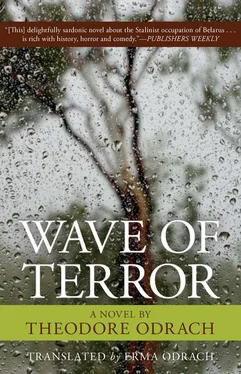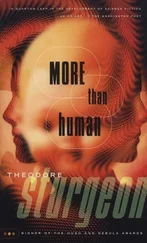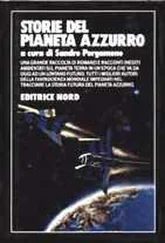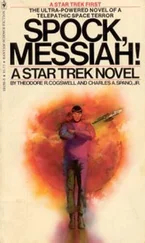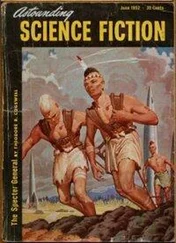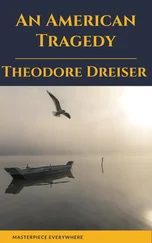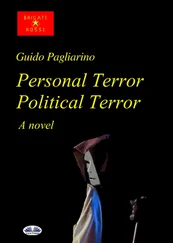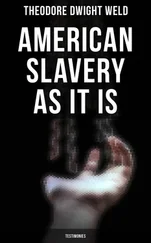At first the two women exchanged only brief comments, but after only a few days they became more communicative with each other. Marusia chattered in her broken Russian, much to Zena’s secret amusement.
“Are you from the Pinsk area?” she asked Marusia one day.
Marusia was startled by the question. Because she spoke Russian, she had assumed Zena would have thought her to be from some other place, possibly even from the Russian interior. Feeling offended at first, she decided that Zena meant no harm by it. “Yes,” she said, “I was born in Pinsk. I’ve lived here all my life. And you? What about you? Where are you from?”
“I’m from Kishenky, on the eastern shores of the Dniepre. It’s a lovely town, it’s famous for its rolling flax fields. I miss it terribly.”
Marusia adjusted easily to the office routine, and proved herself capable. By the end of the second week the two women had formed a friendship and had even come to address each other in the familiar. They began to exchange confidences.
“What do you look for in a man?” Zena asked one afternoon.
“I haven’t really worked it out yet.”
“Don’t tell me you’ve never been in love?”
“No, as a matter of fact, I haven’t. If the right man were to come along, then I suppose I might fall in love. But in general, I don’t trust men. They’re too aggressive, too domineering, too chauvinistic.”
Zena was convinced the girl was hiding secrets from her. She looked much younger than her twenty years, but there was a fierce determination about her that seemed to reflect a more mature knowledge. Zena couldn’t help but admire the bold front Marusia presented; at the same time she found it puzzling that such a clever and beautiful girl could have gotten involved with Sobakin. Her hostility toward men clearly reflected her inner turmoil.
Marusia turned to Zena. “What about you? Have you ever been in love?”
“Well,” Zena smiled mysteriously. “Put it this way. I’ve come across many men and most are not unlike cats on the prowl. First they sniff and howl, then they get ready to pounce.”
“They get ready to pounce, all right. And believe me, there’s nothing pleasant in that.”
“But if you find the right one, nothing could be more wonderful.”
“The right one! Hah! The right one most likely will be the one who’ll swoop down on you and catch you unawares. And he won’t stop at anything until he has his way. He’ll make you scream in pain.”
“What a strange one you are!” Zena looked at her in surprise. “How can you be so cynical? Surely you don’t believe all men are like that?” Without thinking, she asked, “Is that what he’s done to you? Has he made you like this?”
Marusia drew back and turned pale. “What do you mean?”
Sobakin’s name was on the tip of Zena’s tongue; she wanted to say it, to confront her, but she didn’t dare. To cover up, she blurted out Kulik’s name instead.
“Kulik?” Marusia laughed. “What a thought! Ivan Kulik! Why, he wouldn’t know what to do with a woman if he had one right in front of him. He’s so utterly boring, so uncultivated, and he talks like the lowest of peasants. All he seems to do is lecture — about language, about education, about this, about that. He goes on and on, and he doesn’t know when to stop. I realize he’s educated, I believe he has a degree in history or philosophy or something, but there’s something peculiar about him. I think he lives in the dark with one foot stuck in the mud.”
“What is it exactly that you don’t like about him?” Zena was surprised at her vehemence.
“Everything. His language is crude and vulgar, and he almost never speaks Russian. I can’t bear the sound of his voice, or the way he walks, or the way he throws his head back. He’s absurdly awkward, not to mention stubborn. The world is changing around him and he refuses to change with it. He’s recessive, unenlightened. He’s such a, a — a moujik !”
Zena found these remarks extremely annoying. Kulik might deserve a lot of criticism, but ridicule was not one of them. Surely Marusia could not really believe what she was saying. Zena, not wanting to start an argument, said, almost dreamily, “I happen to think Kulik is quite charming. As a matter of fact, I could see having a son by him. And I would want that son to be just like him.”
Marusia stared at her. “A son? By him? Why? So, like his father he could dig a hole in the ground, crawl into it headfirst, and stay in the dark forever? What joy would there be in a son like that?” The words spewed from her mouth like water from a fountain. Feeling that she might have said too much, she bit her lip. She had the urge to tell Zena she didn’t believe her own words, not all of them anyway, and that they had just somehow come out. More than anything she wanted to take back all the nasty things she had just said.
Feeling strangely uncomfortable, she struggled to find the right thing to say. Something seemed to be giving way inside of her. She looked helplessly at Zena, and for a brief moment the two women exchanged sympathetic glances.
On the outskirts of Hlaby, the vast fields of rye had shot out their tender green stalks and were now gradually forming small ears of grain. A tawny black-headed horse trotted between the fields, pulling an old farmer’s cart with high sides. Kulik sat in the front on a seat made of straw and next to him, handling the reins, was Chikaniuk. The two men were on their way to Pinsk, Chikaniuk to the marketplace to tend to some minor business matters and Kulik, to the Gosbank, the State Bank, to obtain teachers’ wages for four neighboring schools, including his own. In his satchel Kulik had a list of all the teachers’ names and the earnings owed them for the past month, which came to a total of three thousand rubles. First he would have to visit the Oblispolkom and get his papers verified, then wait in the long line at the Gosbank. He knew even before setting out that his mission could not possibly be accomplished in one day. The line at the Gosbank would undoubtedly be very long, much longer even than the line at the food cooperative.
As the cart rolled and bumped along, Chikaniuk remarked, “The rye over by Krive Selo has been completely drowned out by rain this year.” He pointed toward a cluster of modest wooden houses with tin roofs, surrounded by towering willows. “Well-to-do farmers live in Krive Selo. Why, one could call them more landowners than farmers. Take Yuri Karral, for instance. He owns a fine big house, with over fifty acres of fertile fields, not to mention thick green forests and pasture lands. As you can imagine, life has been good to him. And now with all his wealth he’s more miserable than anyone. I wouldn’t want to be in his shoes for all the money in the world.”
“How so?”
Chikaniuk gave him an ironic glance. “Do you think the Soviet Regime is about to come around and shake his hand and congratulate him for his accomplishments? Of course not! He’s been branded a bourgeois, a kulak . In other words, an enemy of the people. His days are numbered.”
The men fell silent. The sun had just come up over the horizon; Kulik could feel its warmth on his back. The rumbling of the cart made him drowsy and his lids grew heavy. Chikaniuk started up again at some length.
“You’re an educated man, Director, so tell me, what do you think, is there a God or isn’t there? I realize I don’t have much schooling, but I’m not stupid either. I don’t understand it. Leyzarov says that there is no God, that God is just a fabrication. But during the days of the Czar, lawyers and judges believed in God, and when a witness appeared in court, for example, he had to swear on the Bible. Things are so unclear now, I don’t know what to think. Under the Poles, we had priests and churches and we went to mass every Sunday, but now everything has been turned inside out. Does God exist or not? I think maybe Leyzarov’s right, that maybe God doesn’t exist, because if He did, He’d show His face from behind the clouds once in a while. What do you think?”
Читать дальше
